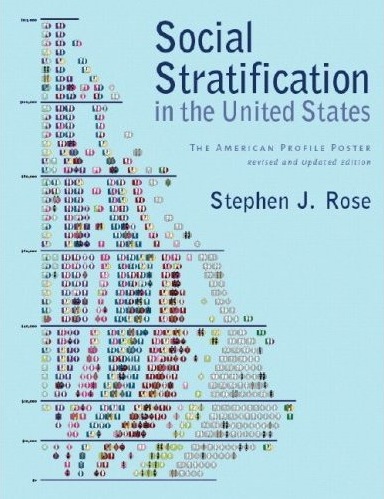 A Master Class in Occupation
A Master Class in Occupation
The Occupy movements that have swept across the country fuse the elements vital for revolt. They draw groups of veteran revolutionists whose isolated struggles, whether in the form of squatter communities or acts of defiance such as the tree-sit in Berkeley to save an oak grove on the University of California campus that ran from Dec. 2, 2006, to Sept. 9, 2008, are often unheeded by the wider culture. The Occupy movements were nurtured in small, dissident enclaves in New York, Oakland, Chicago, Denver, Boston, San Francisco, Los Angeles and Atlanta. Bands of revolutionists in these cities severed themselves from the mainstream, joined with other marginalized communities and mastered the physical techniques of surviving on the streets and in jails."
Freisen says of the suburban class:
"There’s no trying to engage. And it speaks to the larger issue, I feel, of the isolation of the individual. The individual going after their individual pursuits, and this facade of individuality, of consumeristic materialism.
This materialism is about an individuality that is surface-deep. It has no depth. That’s translated into communities throughout the country that don’t want anything to do with each other, that are so foreign to each other that there is hardly a drop of empathy between them.”
Film as a medium | Film Art | Open Space of Democracy |Ecological literacy | economy
The World As It Is:
Dispatches on the Myth of Human Progress
A collection of Truthdig Columns
by Chris Hedges
